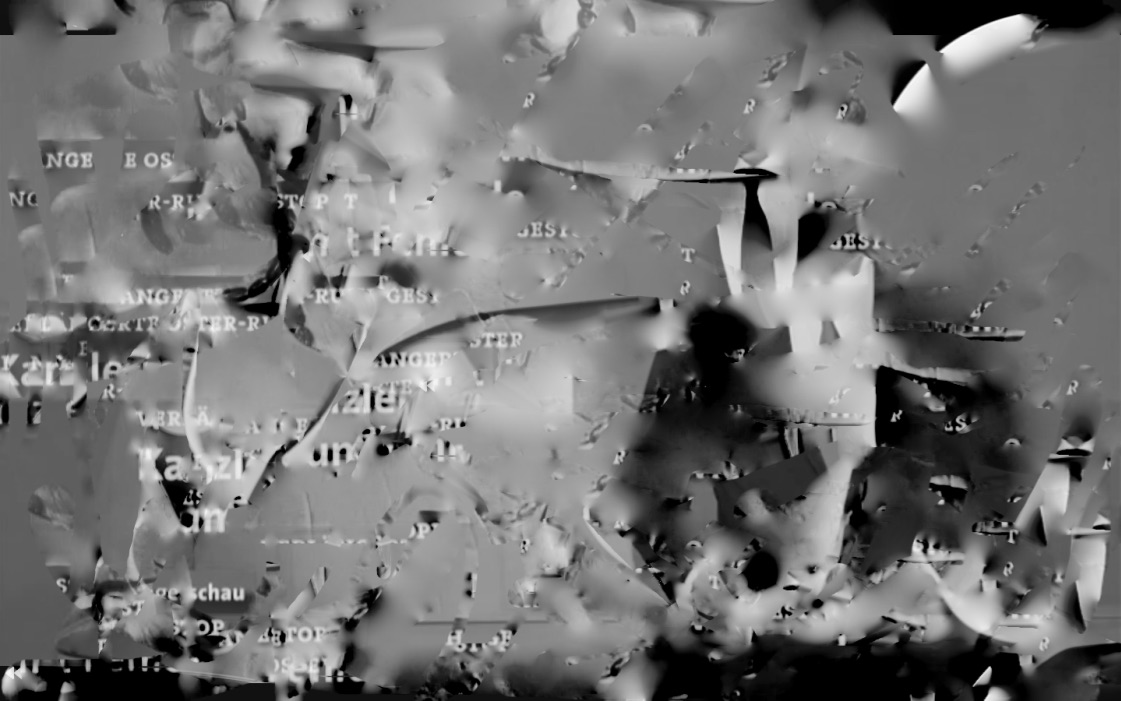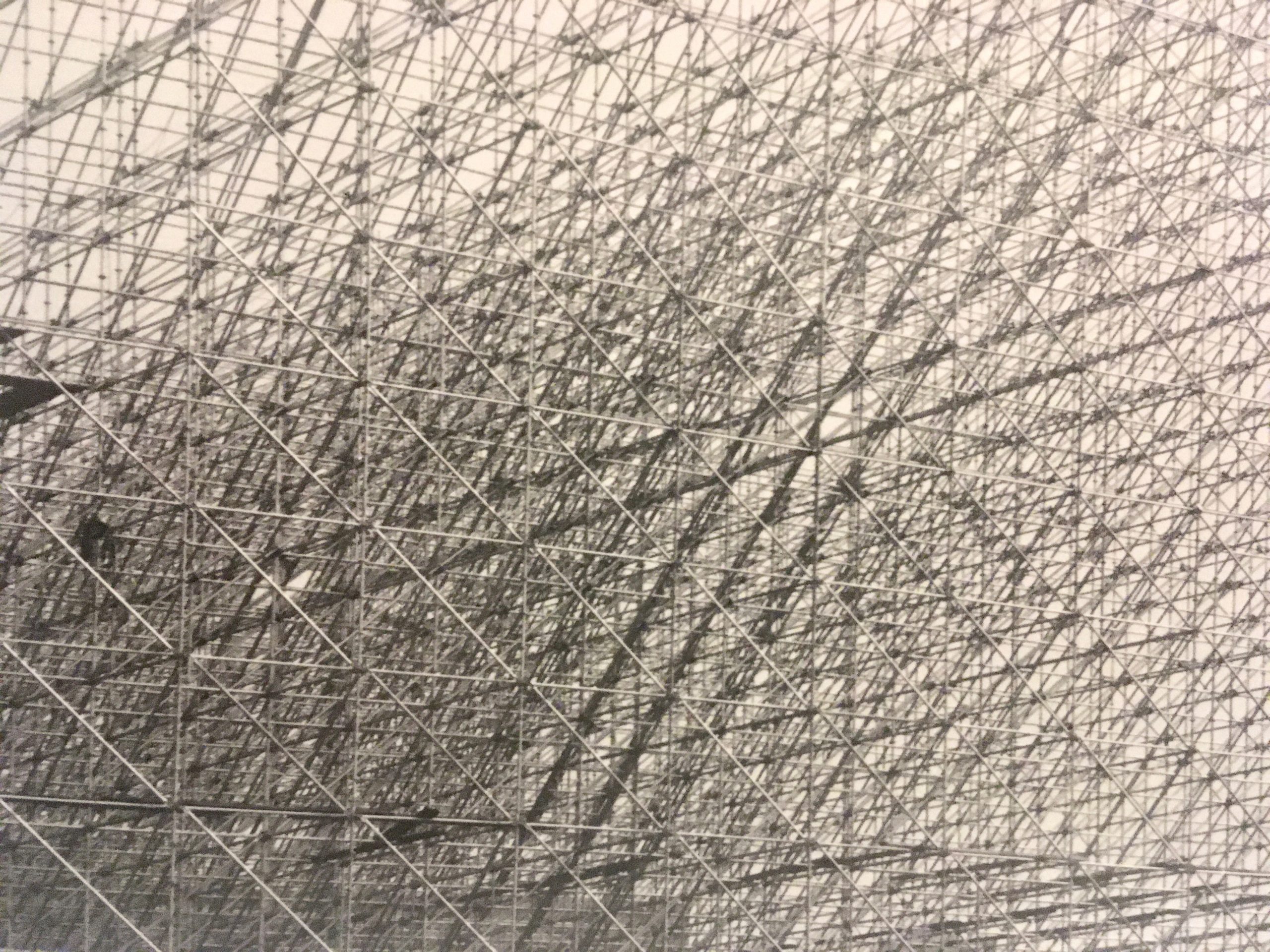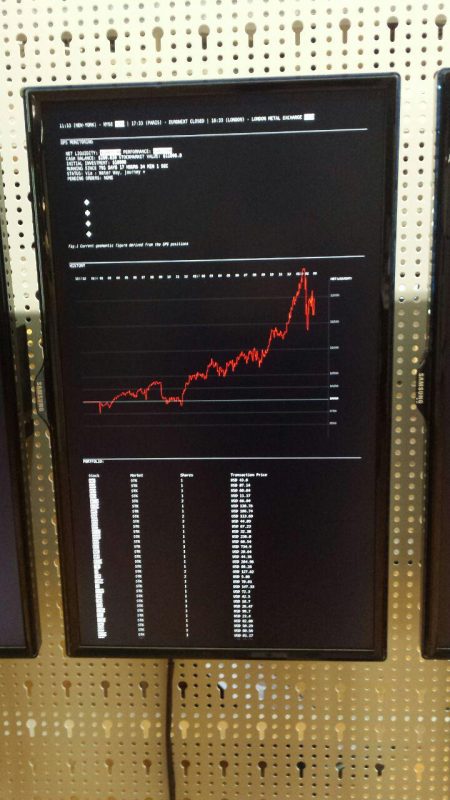Geld gleich Information? Zu den Neuen Büchern von Vogl und Beller (2)
In den “kulturellen” Räumen bieten sich die Repräsentanten derselben (alias Subjekte) heute als Profile oder Marken an, die selbst nicht nur an sich schon, sondern auch als derivative Exposition gegenüber ihren Rezipienten vermarktbar sind, nämlich ihrem Publikum, ihren Netzwerken, ihren […]
Geld gleich Information? Zu den Neuen Büchern von Vogl und Beller (2)












